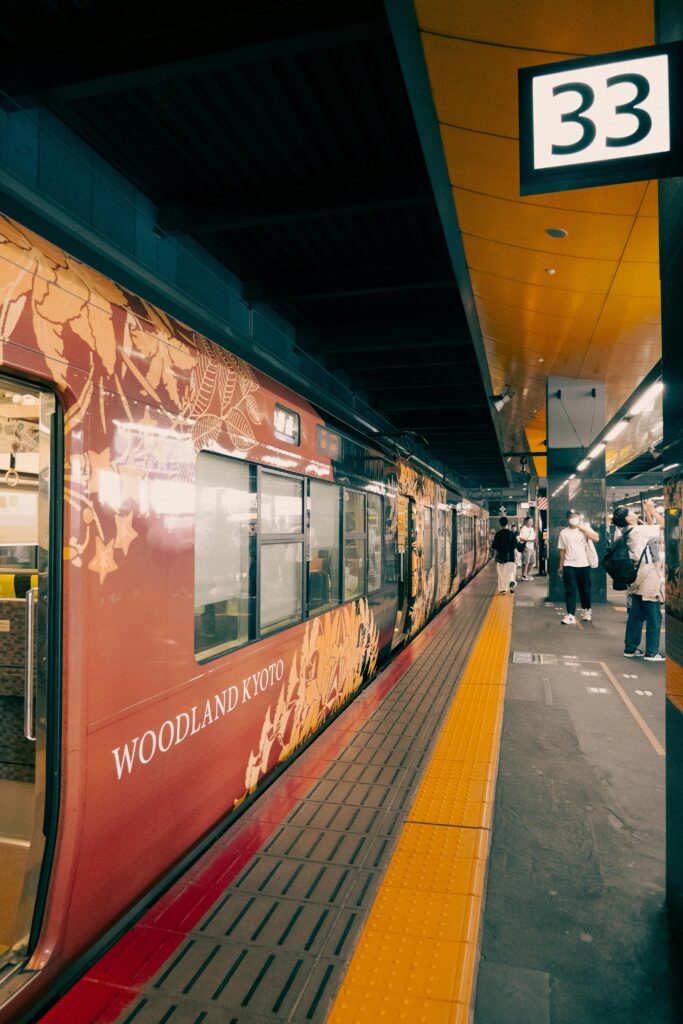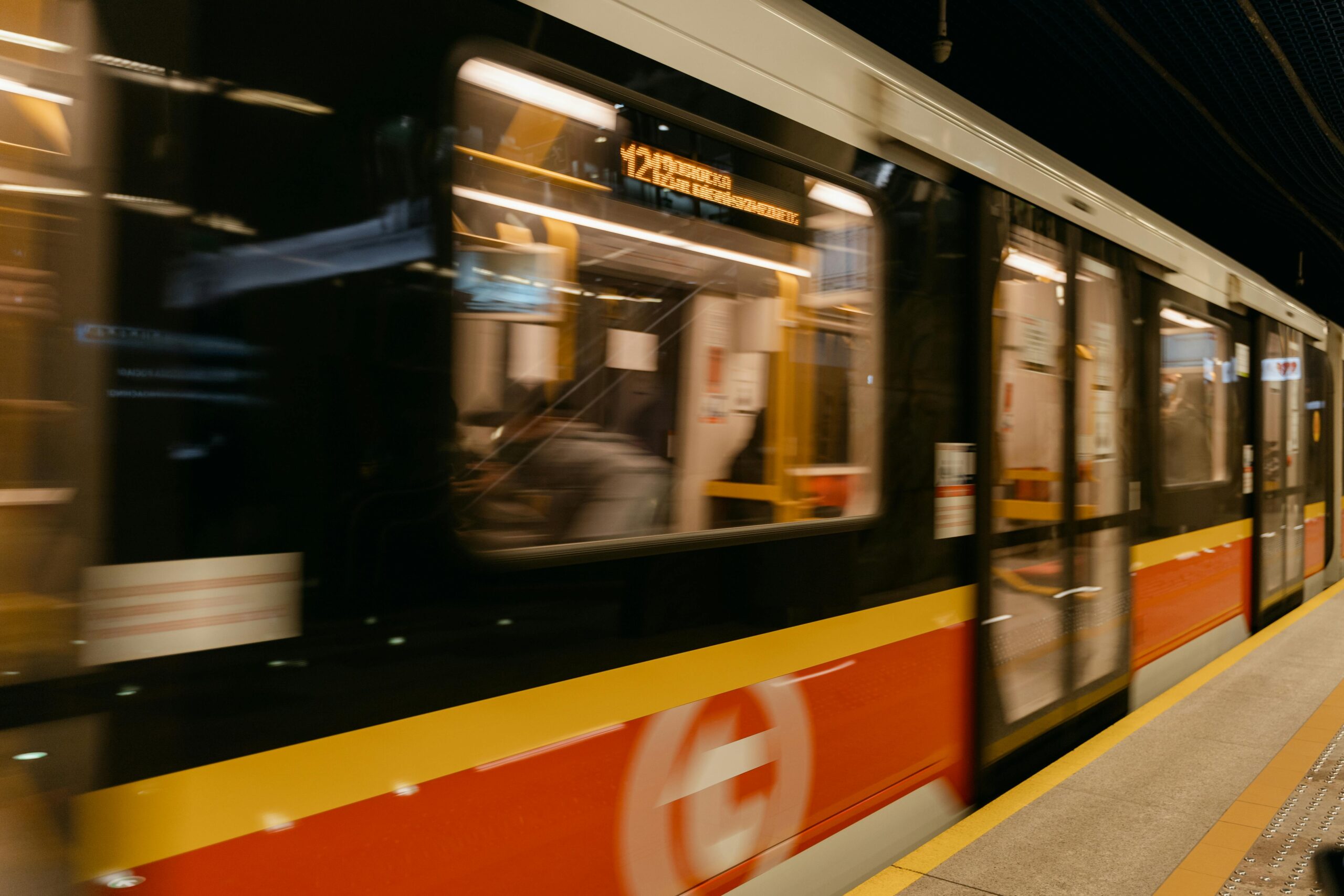The UK railway industry is on the brink of an exciting new chapter with the introduction of its first-ever cooperatively owned train service. Approved by the Office of Rail and Road (ORR), Go-op—a community-driven operator—will soon bring a fresh, innovative approach to rail travel in the southwest of England.
Here’s everything you need to know about this transformative initiative and why it could redefine public transportation in the UK.

What Is Go-op and Why It’s a Game-Changer
Go-op, based in Somerset, operates as a cooperative. This means it is owned and managed by its employees and members of the local community, creating a unique business model where profits are reinvested to improve services. Unlike traditional rail franchises, Go-op is an open-access operator, designed to operate on existing infrastructure without exclusive contracts.
Planned Routes Include:
- Taunton ↔ Weston-super-Mare
- Taunton ↔ Westbury
- Taunton ↔ Swindon
- Frome ↔ Westbury
These routes aim to bridge transportation gaps in Somerset and Wiltshire, making travel more accessible and convenient for locals while supporting regional economies.
How Go-op Got the Green Light
The ORR’s approval for Go-op came with specific conditions that must be fulfilled before its planned launch in December 2025. These include:
- Securing enough financial resources to sustain operations.
- Funding necessary upgrades for railway level crossings.
- Acquiring rolling stock that meets regulatory standards.
By meeting these criteria, Go-op is poised to offer safe, reliable, and sustainable services for passengers.

How Open-Access Operators Work
Open-access operators are independent train companies that provide services on non-exclusive routes. They run alongside larger franchise operators, often offering more competitive fares and filling in gaps where demand isn’t met.
Some successful open-access operators in the UK include:
- Lumo: Connecting London and Edinburgh with low-cost services.
- Grand Central: Linking London with Sunderland and Bradford.
Go-op’s cooperative structure sets it apart, potentially paving the way for other community-driven initiatives in the rail industry.
Why This Matters for the UK Rail Industry
The UK government has already signaled major changes for the rail industry, including plans to nationalize major franchises by 2027. Yet open-access operators like Go-op are being encouraged to coexist, offering passengers alternatives on underserved routes.
This hybrid model could foster innovation, promote competition, and create a more customer-centric railway system.
Challenges Go-op Must Overcome
As promising as this initiative is, Go-op faces several challenges:
- Financial Sustainability: Securing long-term funding will be crucial for success.
- Infrastructure Coordination: Aligning operations with other service providers and infrastructure managers is key.
- Regulatory Compliance: Adhering to rigorous safety and operational standards is non-negotiable.
If successful, Go-op could inspire similar projects across the UK, benefiting communities nationwide.

Your Questions About Go-op Answered
1. What makes a cooperative train service different?
A cooperative train service is owned by employees and community members. Profits are reinvested to directly improve services, creating a model focused on passenger needs rather than shareholders.
2. When will Go-op’s trains start running?
Go-op aims to launch its services in December 2025, pending the fulfillment of regulatory requirements.
3. What areas will Go-op serve?
The planned routes include services connecting Taunton, Weston-super-Mare, Westbury, Swindon, and Frome, improving connectivity in southwest England.
4. How will this affect my travel experience?
As an open-access operator, Go-op will offer additional options on existing routes, potentially lowering fares and improving service quality.
5. Could this model work nationwide?
Go-op’s success could inspire similar initiatives elsewhere, particularly in regions underserved by traditional operators.
A New Era for Rail Travel
Go-op’s cooperative model represents a bold step towards reimagining public transport in the UK. With a focus on community ownership, sustainability, and passenger needs, this initiative has the potential to transform not only how people travel but how rail services operate altogether.
Are you excited about this new chapter in UK rail travel? Share your thoughts and let us know which destinations you’d like to see Go-op connect in the future!
Sources The Guardian


